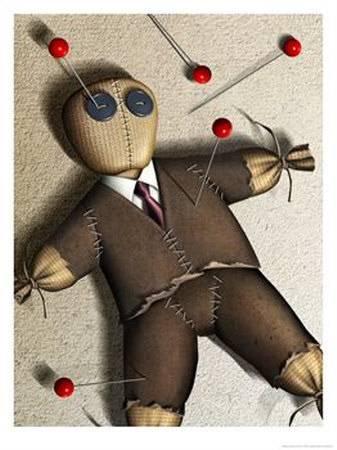Over at Lapham’s Quarterly, Colin Dickey sympathetically examines superstition, magic, and the supernatural. It’s such a good essay that I’m going to have my students read it over the weekend. In this excerpt, Dickey hits several nails right on the head:
As the world was becoming more ordered and codified via patriarchal religion and a burgeoning system of capitalism, magic was seen as a threat because it circumvented these structures: it offered a life outside the authority of the Church and the hierarchies it had carefully cultivated. Little had changed; people still felt powerless in the face of nature, but now instead of turning to magicians, they blamed them. The Church, after all, rarely attacked sympathetic magic on the grounds that it was empirically fallacious or ineffective—rather, it was a rival source of power. Among the many scandalous aspects of witches’ sabbaths as they were popularly depicted was the commingling of social classes: women—and increasingly men—of all walks of life, from peasants to the aristocracy, all were equal at the Midnight Mass. This vision of a dark Utopia was as threatening—if not more so—than any of the black rites practiced therein.


